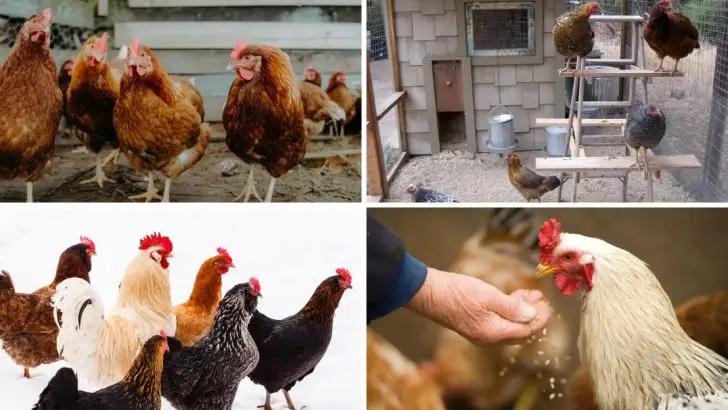Getting chickens in your urban backyard can be a fun and practical way to enjoy fresh eggs and connect with nature, but it’s not something you should rush into. Raising chickens comes with its own set of challenges, especially in a city setting. It’s important to understand the commitments involved, both in terms of time and resources, before adding these feathered friends to your space.
From the basics of coop design and care to understanding local regulations and managing your chickens’ well-being, there’s a lot to consider. In this guide, we’ve compiled 16 things you should know before getting chickens, so you can make sure you’re fully prepared for the responsibility and rewards of raising them in an urban backyard.
Local Ordinances
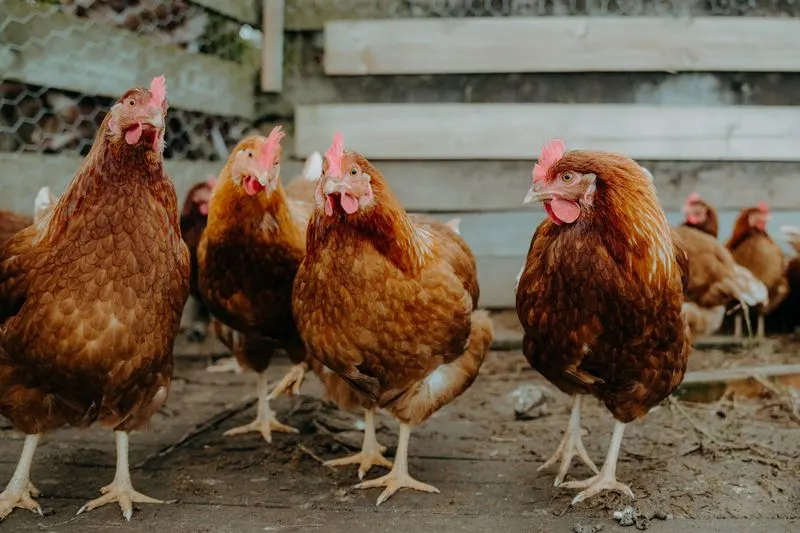
Before you start building a chicken coop, it’s vital to research local ordinances. Many cities have specific regulations regarding the number of chickens you can keep, and some may even prohibit roosters due to noise concerns. Checking these laws in advance will save you from unexpected fines.
Consider reaching out to your local city council or neighborhood association to understand any specific restrictions or guidelines you must follow.
Being informed about local laws ensures that your backyard flock is both legal and enjoyable, allowing you to focus on nurturing their unique personalities.
Space Requirements
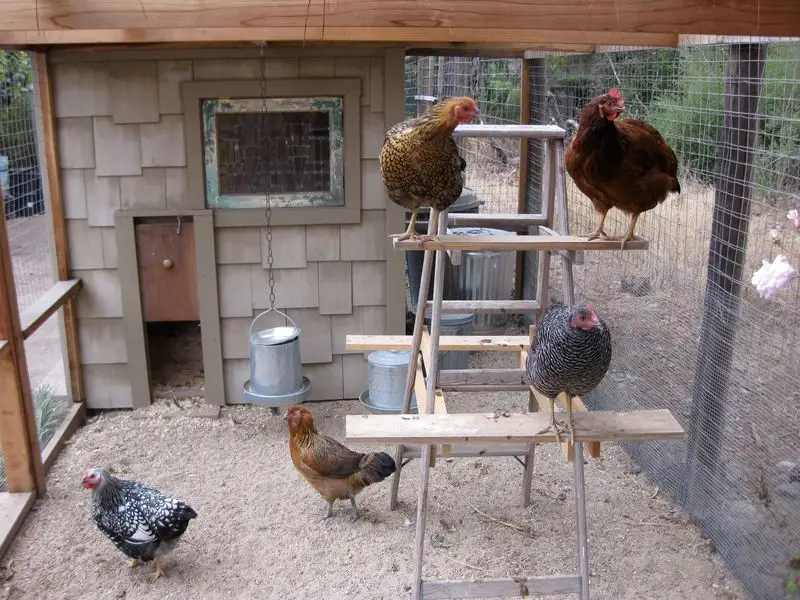
Chickens need space to roam, peck, and scratch. Ensuring sufficient room in your urban backyard is crucial for their happiness and health.
A general rule is to provide at least 4 square feet per chicken inside the coop and 10 square feet in the run. This space helps them exercise and prevents boredom, which can lead to pecking among flock members.
Consider the layout of your backyard to accommodate these needs, and think creatively about vertical spaces and multi-level coops. A well-planned space creates a harmonious environment for both chickens and humans.
Choosing the Right Breed

Selecting the right chicken breed for your urban backyard is essential to meet your needs. Some breeds are known for their quiet demeanor, making them more suitable for city life where noise can be an issue.
Consider breeds like the Silkie or Orpington, which are gentle and adapt well to small spaces. Egg production, climate adaptability, and temperament are other factors to ponder.
Engage with local breeders or online communities to gather information about different breeds. Finding the right match can lead to a fulfilling chicken-keeping experience.
Building a Coop

Constructing a chicken coop that suits your urban backyard is an exciting project. The coop must be secure, well-ventilated, and weather-resistant.
Consider using eco-friendly materials and adding features like nesting boxes and perches to enhance your chickens’ comfort. Ensure proper ventilation, as chickens are sensitive to extreme temperatures and humidity.
Think about incorporating predator-proof elements such as locks and sturdy fencing. A well-designed coop becomes a safe haven for your flock, providing both function and aesthetic appeal to your backyard.
Feeding the Flock
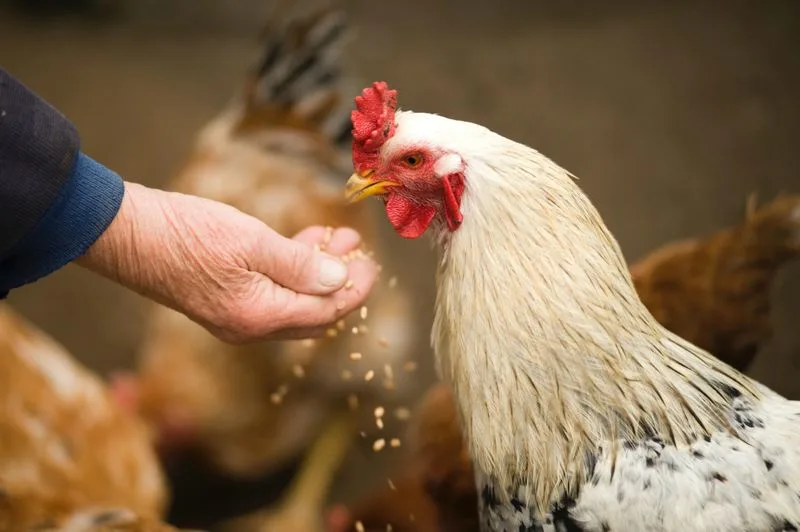
Feeding your chickens a balanced diet is crucial for their health and egg production. Offer a mix of grains, vegetables, and commercial feed specially formulated for chickens.
Regularly providing fresh water and occasional treats like mealworms can keep your flock happy and thriving. Consider local feed suppliers and organic options if available.
Understanding the nutritional needs of your chickens ensures robust health and productivity. Tailoring their diet to specific breeds and ages will help you raise a content and energetic flock.
Handling Neighbors

Living in close quarters means considering your neighbors when raising chickens. Initiating a conversation and sharing your plans can build goodwill and prevent future conflicts.
Offering fresh eggs occasionally is a delightful way to maintain friendly relations. Address potential concerns about noise or smell by explaining your management plans.
Being transparent and considerate ensures that your chicken-keeping endeavors enhance rather than hinder neighborhood harmony. A little diplomacy can lead to supportive neighbors and a flourishing urban flock.
Daily Care and Maintenance
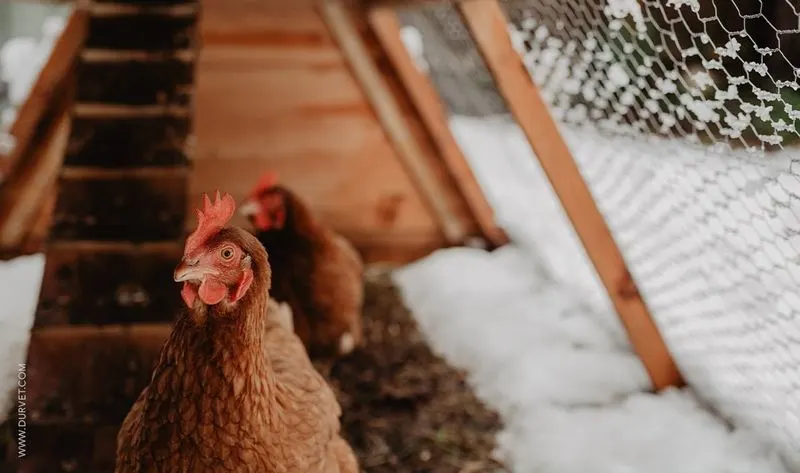
Daily care forms the backbone of successful chicken keeping. Chickens require fresh food and water daily, along with regular coop cleaning to maintain hygiene.
Engaging in routine health checks helps detect early signs of illness, ensuring prompt treatment. Observing your flock’s behavior can also provide insights into their well-being.
Establishing a consistent care routine not only promotes the health of your chickens but also strengthens your bond with them, making each day a rewarding experience for you and your feathered friends.
Health and Veterinary Care
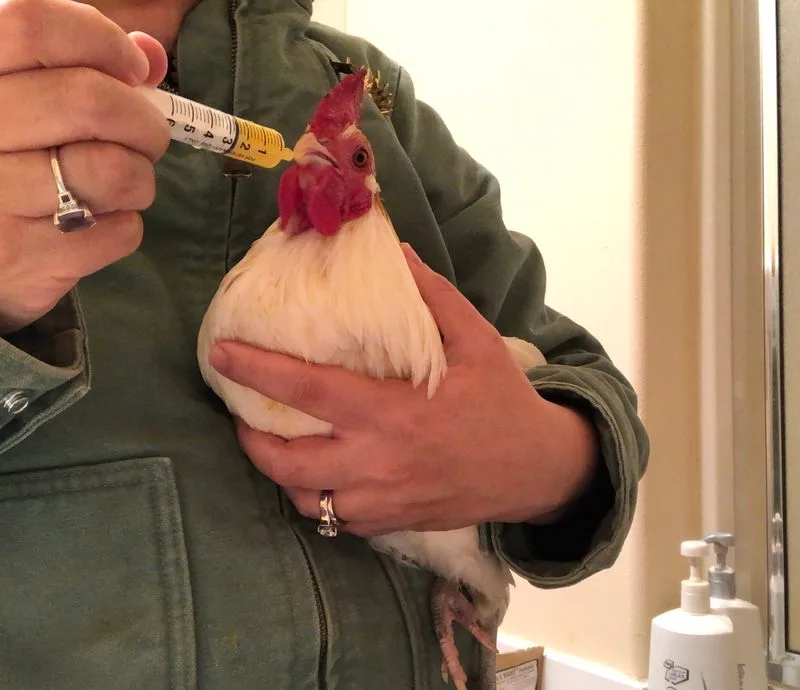
Understanding common chicken health issues and having access to veterinary care is essential. Regular health checks can catch illnesses like mites or respiratory infections early.
Consulting with a poultry vet ensures your flock receives proper care. Building a relationship with a local vet knowledgeable about chickens can provide peace of mind.
Staying informed about vaccination schedules and recognizing symptoms of common ailments will help keep your chickens healthy and happy. Preparedness is key to successful urban chicken keeping.
Dealing with Predators

Even in urban environments, predators such as raccoons and hawks can threaten your chickens. Implementing predator-proof strategies is crucial for their safety.
Secure fencing, locks, and covered runs are essential defense measures. Installing motion sensor lights can also deter nocturnal predators.
Understanding your local ecosystem and potential threats allows you to tailor your protection methods. A well-protected coop ensures your chickens remain safe, giving you peace of mind and enabling them to thrive in your urban backyard.
Winter Care
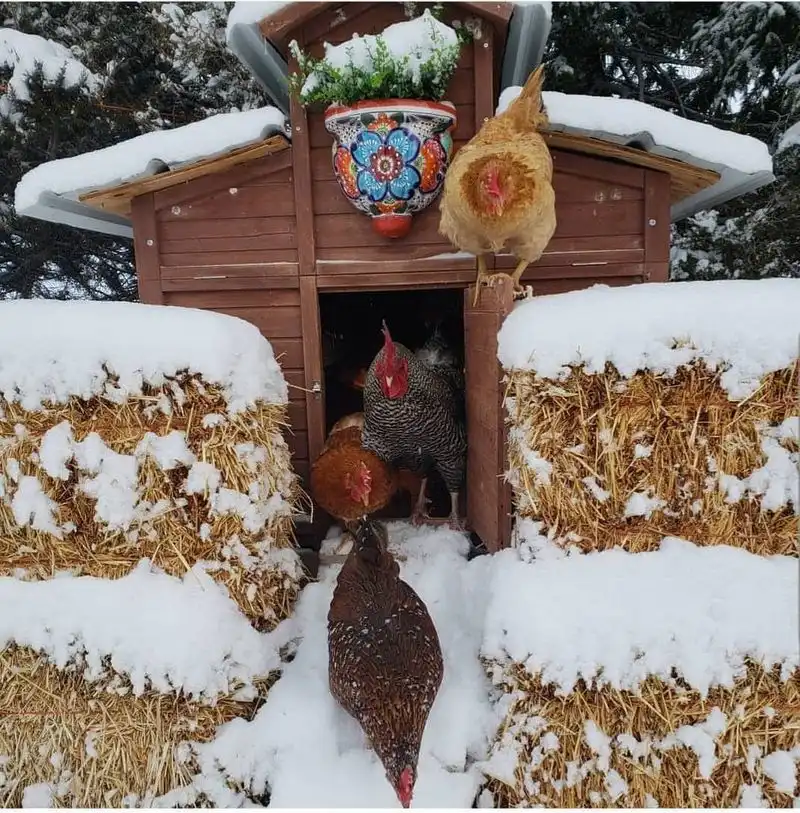
Preparing for winter is essential to keep your chickens comfortable during colder months. Insulating the coop and providing additional heat sources helps maintain a warm environment.
Ensuring water doesn’t freeze and offering extra feed can help chickens generate body heat. Monitoring their health and behavior is crucial during winter, as stress and illness can be more prevalent.
Adapting your care routine to accommodate seasonal changes ensures your flock remains healthy and happy, even when the temperature drops. Winter preparations guarantee a cozy home for your feathered friends.
Summer Care
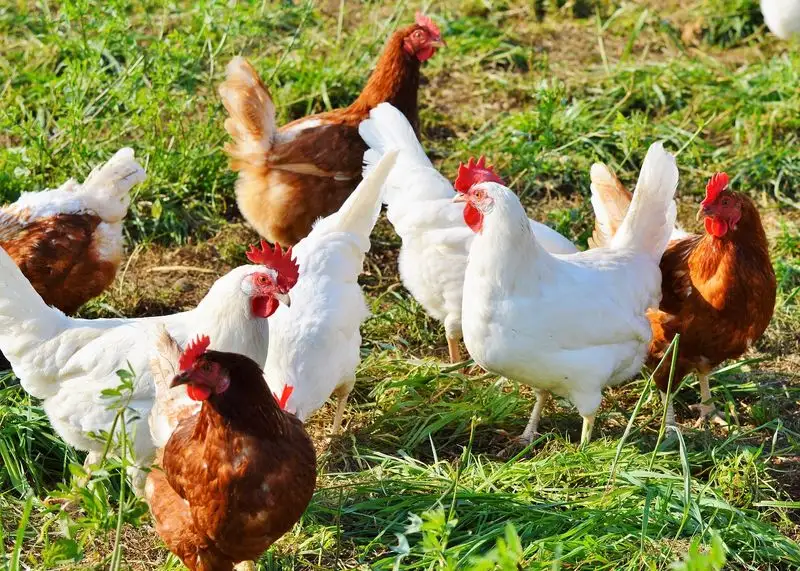
Keeping chickens cool during hot summer months is vital for their well-being. Providing shade, fresh water, and ventilation in the coop helps prevent heat stress.
Offering frozen treats like berries or vegetables can provide both nutrition and relief from the heat. Regularly checking for signs of overheating ensures prompt action if needed.
Summer care involves adapting your routine to include creative ways to keep your flock comfortable. Embracing seasonal challenges with thoughtful solutions keeps your chickens content and productive.
Noise Management
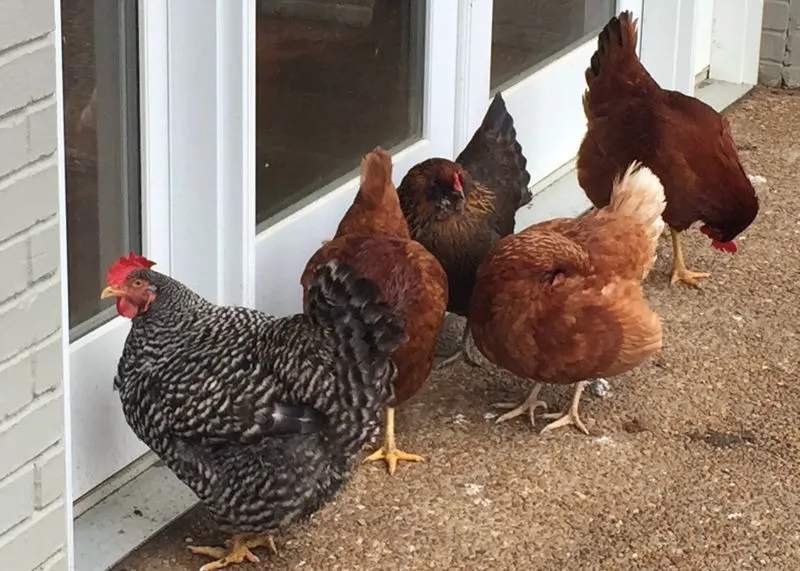
Chickens can be noisy, and managing their sounds is key to a harmonious neighborhood. Choosing quieter breeds and maintaining a calm environment reduces unnecessary noise.
Building a sound-insulated coop or adding natural sound barriers like hedges can minimize disturbances. Communicating with neighbors about potential noise and time of day when chickens are most vocal helps set expectations.
Effective noise management ensures chickens can coexist peacefully in an urban setting, maintaining good relations with those around you and fostering a tranquil backyard environment.
Egg Production Expectations
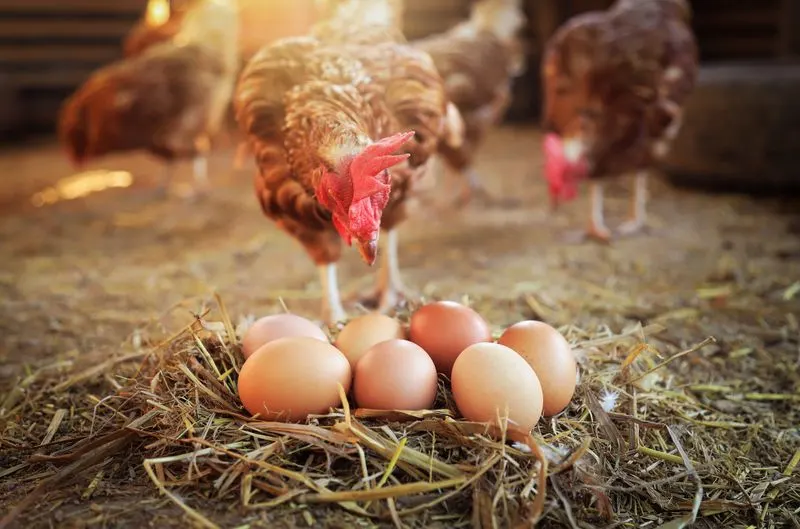
Understanding egg production is essential for any chicken keeper. Different breeds offer varying egg-laying capabilities, with some producing more frequently than others.
Factors like diet, lighting, and age also influence egg production. Setting realistic expectations helps in planning your flock size according to your household needs.
Keeping track of egg production patterns ensures you’re meeting your flock’s nutritional needs and maintaining optimal health. Awareness of these factors leads to a rewarding experience with fresh eggs at your disposal.
Composting with Chickens
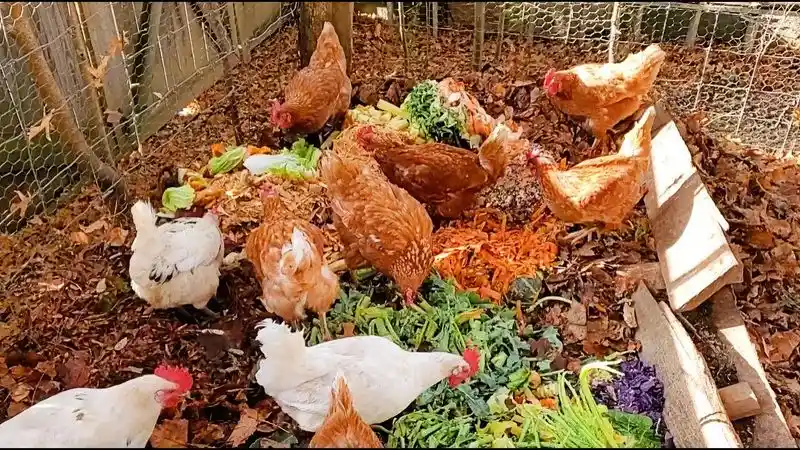
Chickens can be a fantastic addition to your composting routine, aiding in waste reduction and garden enrichment. Their droppings are rich in nitrogen, making them a valuable compost ingredient.
Allowing chickens to peck through compost piles helps aerate the material and accelerates decomposition. Ensure they have access to safe, non-toxic materials to avoid health risks.
Partnering chickens with composting turns waste into a resource, creating a sustainable cycle in your backyard. This practice enriches your garden and enhances your chicken-keeping experience.
Legal Responsibilities
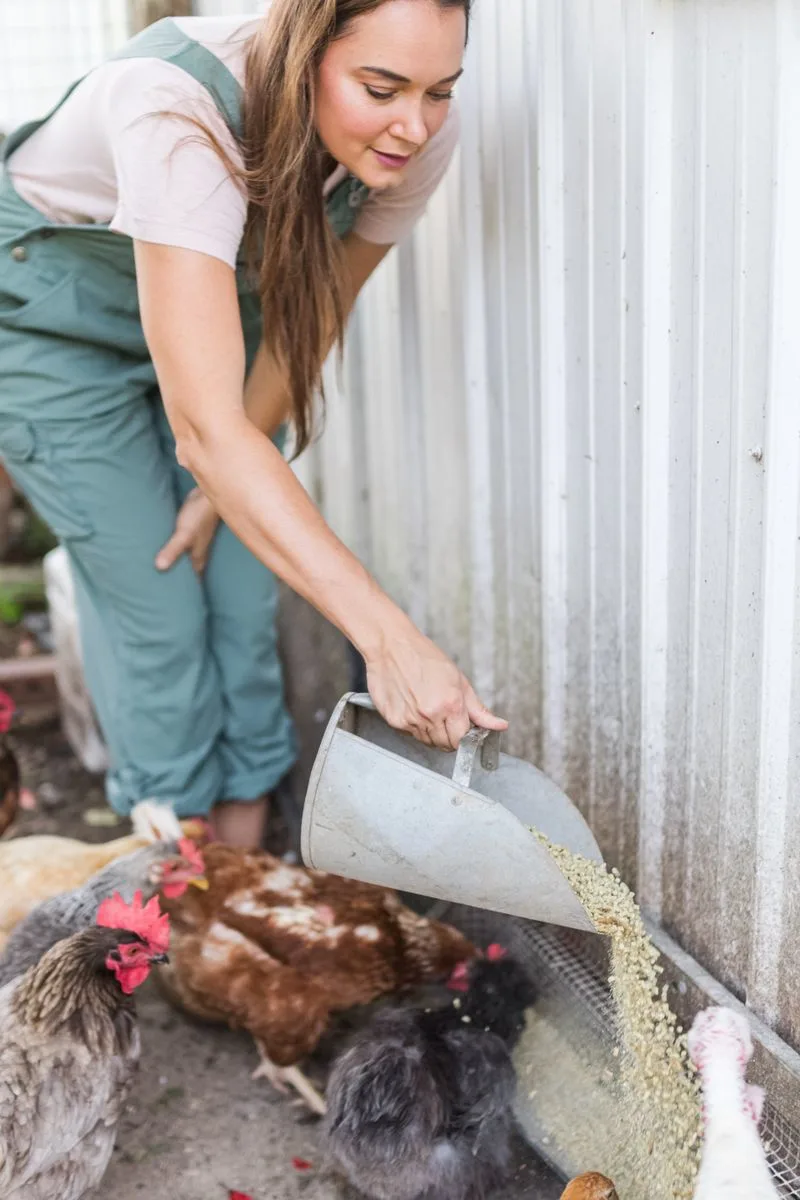
Owning chickens in an urban setting comes with legal responsibilities beyond local ordinances. Understanding liability issues, such as potential property damage or health concerns, is vital.
Acquiring proper permits or licenses where required ensures you’re in compliance with regulations.
Staying informed about your legal obligations fosters a responsible and enjoyable chicken-keeping experience. It protects both you and your neighbors, creating a sustainable and harmonious environment for your flock.
The Chicken Meditation Retreat
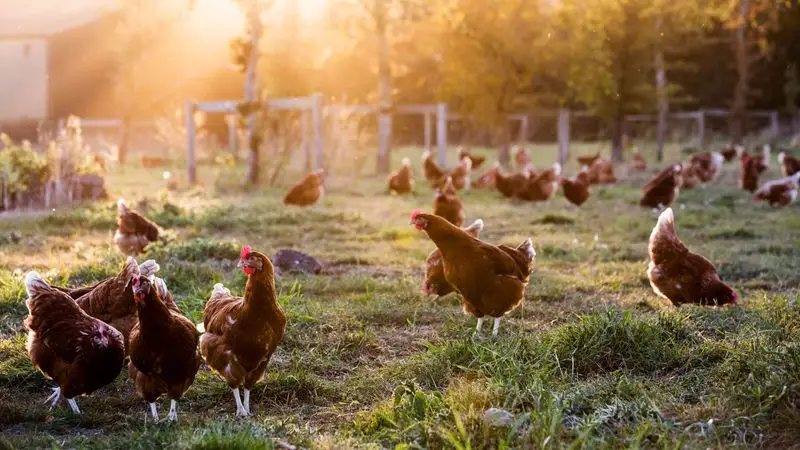
Picture this: Your backyard transformed into a serene oasis where chickens roam freely, clucking softly as they peck at the ground. Have you ever considered the calming effects of chicken-watching? As they scratch and wander, their rhythmic movements can become a form of meditation.
Imagine sitting with a cup of tea, absorbing the gentle rustle of feathers, the soft sounds of contented clucks. It’s a mindfulness practice right in your backyard.
With time, you’ll find your feathered friends become more than pets; they’re part of your daily zen routine. A meditative experience like no other!

